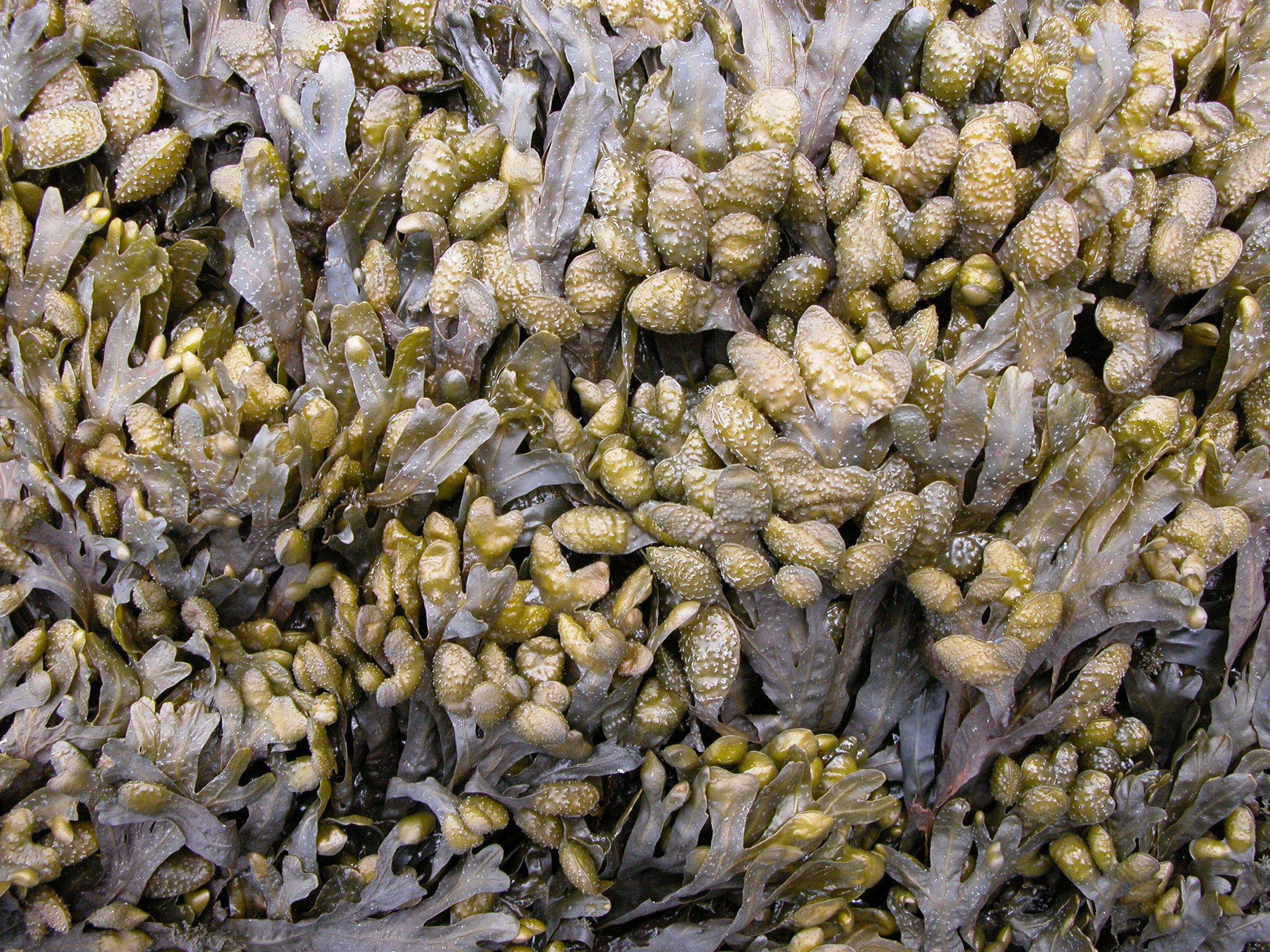Changing Viewpoints of Cannabis Culture Over the Decades
페이지 정보

본문
The evolution of cannabis culture undergone a fascinating and profound change, evolving into a widely accepted and discussed medicinal and recreational substance. From its origins in ancient civilizations to its current status as a widely accepted and discussed medicinal and cali weed online kaufen recreational substance, cannabis has experienced a transformative journey.

In the 1960s counterculture movement, the counterculture movement of the United States and the hippie subculture played a pivotal role in cannabis' proliferation. Cannabis was perceived as a way to challenge societal norms. During this period, the term "reefer madness" popularized in the 1930s lost its validity as marijuana began to be perceived as a relatively harmless substance.
As the 1970s and 1980s progressed, the stigma surrounding cannabis began to lose its grip. This helped to create a more accepting environment, particularly in regions with lenient laws and regulations. This helped to create a more open and accepting environment for users to actively consume the substance. A more laid-back approach to music, particularly with the rise of reggae culture, also contributed to spreading the idea that cannabis encouraged creativity.
However, with the passage of the 1986 Anti-Drug Abuse Act, cannabis culture in the US faced a significant backlash. The Controlled Substances Act of 1970, already a barrier to research, was further solidified by this law, which effectively introduced new punitive measures for cannabis-related offenses. This development was deeply polarizing, sparking heated debates in academic circles, public discourse, and even international relations.
As the decades went by, an emerging new narrative challenged previous views of cannabis. A growing movement built up behind relaxed laws regarding possession, cultivation, and trade, specifically following the publication of "The Emperor Wears No Clothes" in 1985 by Jack Herer. Another catalyst came from medical cannabis advocates and patients who effected change through legislation.
Efforts by proponents and supporters continued, which shed light on the benefits of decriminalization. This convinced politicians to pay attention to evidence on the medical benefits and documented benefits of using cannabis, getting politicians to pay attention. As of now, nearly two-thirds of Americans live in a state where residents can use the plant, cultivate it, or trade it.
Finally, with the US 2020 elections introducing major provisions in favor of cannabis, states began exploring regulated markets, bolstering bolstered the "business-friendly" sector of cannabis. Many experts believe that with more research and a clearer approach to substance regulation laws, this will mark the start of a new chapter for the cannabis industry.
- 이전글Build a Marketplace on Telegram 25.06.01
- 다음글배우 이이경이 부모님 집으로 이사했다고 밝혔다. 31일(토) 방송된 MBC 25.06.01
댓글목록
등록된 댓글이 없습니다.

